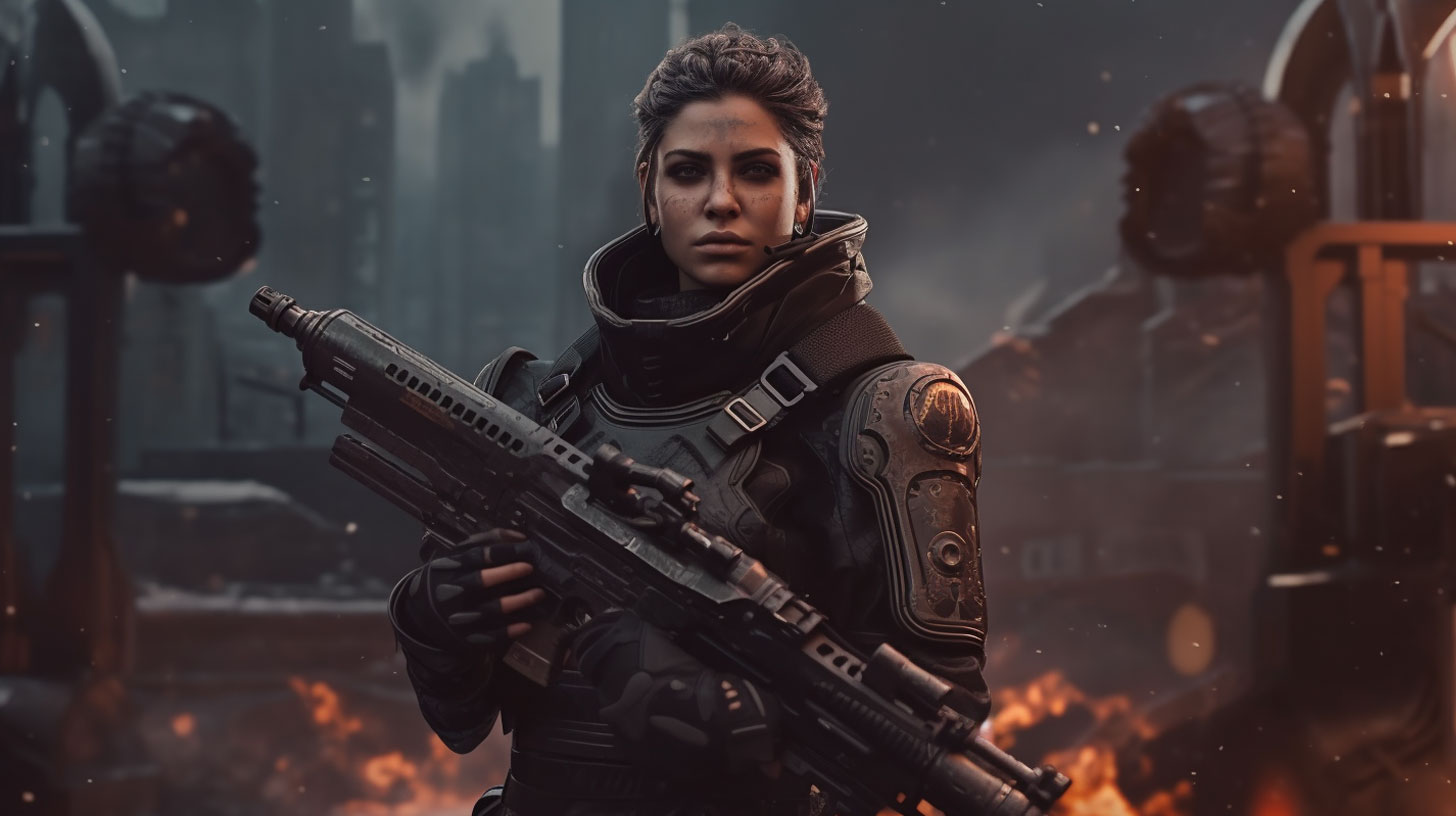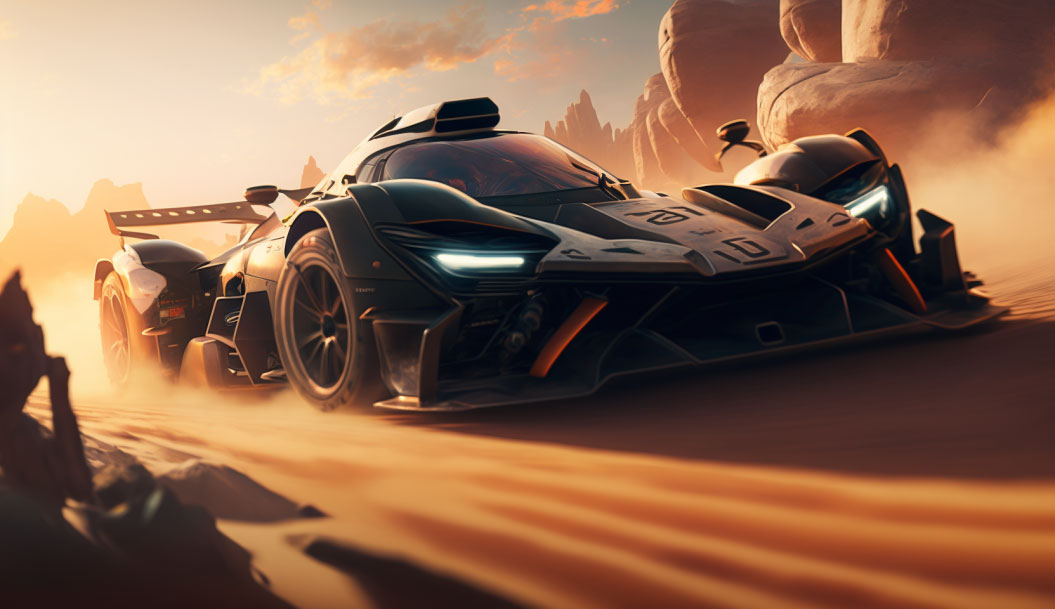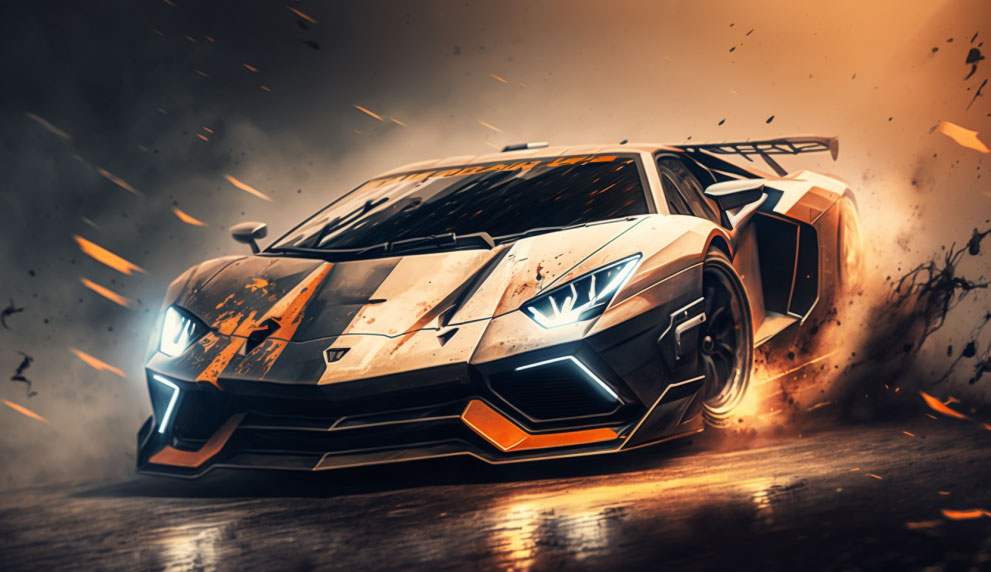Our Courses
Game Development and Game Art Training Program
Description:
You will be learning from real game developers, virtualinfocom Since 1998 made hundreds of games available in play stores, including our own game universe fight of the legends, Shaktimaan, made several movie based games and metahuman and superhero.
Course Overview:
The Game Development and Game Art Training Program is a comprehensive course designed to provide students with the skills and knowledge required to create and develop interactive games. This program covers both the technical and artistic aspects of game development, allowing students to specialize in game programming or game art, or gain a well-rounded understanding of both disciplines. Course Duration: 12 months
Course Curriculum:1. Introduction to Game Development:
- History and evolution of video games
- Overview of game genres and platforms
- Understanding the game development process
- Game design principles and documentation
2. Game Programming:
- Introduction to game engines (e.g., Unity, Unreal Engine)
- Programming fundamentals (e.g., C#, C++, Python)
- Game architecture and design patterns
- Gameplay mechanics and systems
- User interface (UI) and user experience (UX) design
- Physics and collision detection
- Game AI and pathfinding
- Multiplayer and networked games
3. Game Art and Design:
- Concept art and visual development
- 2D and 3D asset creation
- Character design and modeling
- Environment and level design
- Texturing and materials
- Lighting and rendering techniques
- User interface (UI) design for games
- Animation for games
- Sound design and audio integration
4. Game Development Tools and Technologies:
- Game engines and editors (e.g., Unity, Unreal Engine)
- Version control systems (e.g., Git)
- Integrated development environments (IDEs)
- Asset management and optimization
- Debugging and testing techniques
- Performance optimization and profiling
- Mobile game development
- Virtual reality (VR) and augmented reality (AR) integration
5. Game Project Development:
- Collaborative game development in teams
- Project planning and management
- Iterative development and agile methodologies
- Prototyping and playtesting
- Game polish and refinement
- Publishing and distribution strategies
6. Electives (optional, depending on the program):
- Game narrative and storytelling
- Game marketing and monetization strategies
- Game analytics and player behavior analysis
- Advanced game programming techniques
- Advanced game art techniques (e.g., advanced 3D modeling, shader development)
Additional Information:
Course Prerequisites: There are typically no specific prerequisites for enrolling in a game development and game art training program.
However, basic programming knowledge and/or artistic skills are beneficial. Familiarity with digital art tools, such as Photoshop or 3D modeling software, is advantageous for the game art track. Career Prospects:
Upon completion of the Game Development and Game Art Training Program, students can pursue various career paths in the gaming industry, including:
- Game Designer
- Game Developer
- Gameplay Programmer
- Game Artist
- Character Artist
- Environment Artist
- Level Designer
- UI/UX Designer
- Technical Artist
- Game Animator
- Game Tester
- Game Producer
- Game Marketing Specialist






